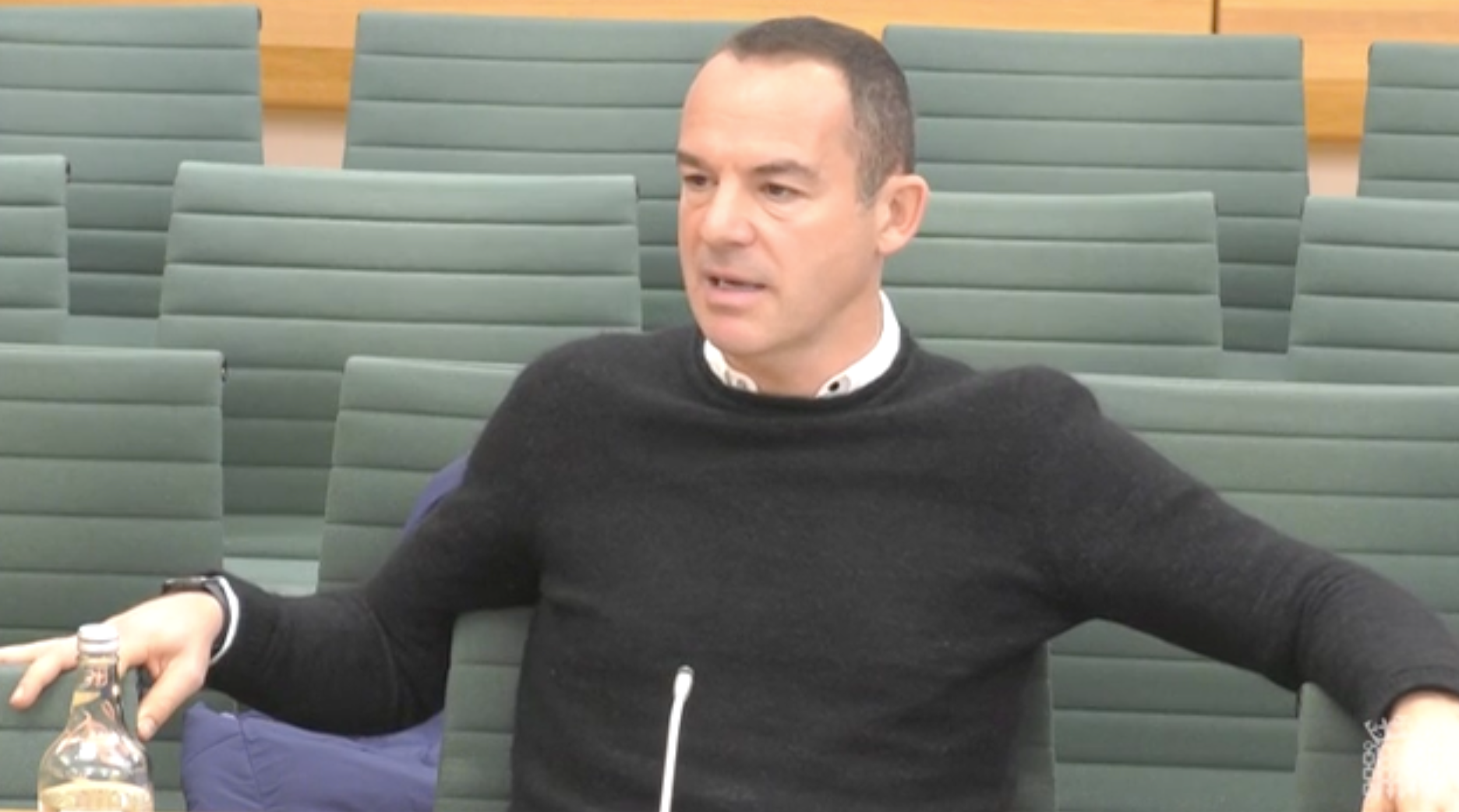
Martin Lewis has reissued his step-by-step advice on when to challenge your council tax band, as he warned that up to 400,000 households could be paying the wrong amount each month.
With council tax set to rise in most parts of England in April by the limit of 5 per cent, the MoneySavingExpert founder warned there could be hundreds of thousands of people in the wrong band – who could be owed thousands of pounds in backdated payouts.
Addressing the subject on his BBC Radio 5 Live podcast, the journalist shared his advice for when to challenge your band, which he claimed had saved tens of thousands of people money since he established it in 2007.

But he warned that by failing to follow the below steps, residents could end up inadvertently landing themselves – and their neighbours – on a higher-paying band.
“So, step number one. You need to compare the band you’re in with nearby similar or preferably identical homes,” he said, pointing listeners in England to Westminster’s Valuation Office Agency and those north of the border to the Scottish Assessors Association.
“If you find that properties that are very similar to yours (and remember, they might have done an extension …) are in a lower band, then you have the first tick in the box,” Mr Lewis continued.
“But I would do absolutely nothing unless you get the second tick in the two-step check. The second tick comes from what I call the ‘valuation check’. Now I should note that this cannot be used as evidence when you go and challenge your band but this is so you can be pretty sure you have a good case.”
In the second step, he advised listeners to work out roughly what their house was worth in 1991, because council tax bands are still based upon property values from when the council tax system was created 32 years ago.

“If you’ve bought it relatively recently, you’ve got a valuation recently. If you have been in the house a long time, then try and find a neighbour’s property that’s similar [to] yours, and find out what it was bought or sold for sometime in the last 10 or 15 years, and then you can back-calculate using house price calculators what it was worth in 1991,” he explained.
Mr Lewis added: “You then take the valuation you’ve got for your property in 1991 prices and you see what band it should be in. If both that and the valuation check show that you are in too high a band, then you want to get in touch with the council tax office.”
While technically, you can only appeal your council tax band within six months of moving into a property, you can still challenge your local authority on the “integrity of the council tax list” beyond that point, Mr Lewis explained.
The MoneySavingExpert founder hit out at the “absolutely ludicrous scenario” in which the tax bands have not been recalculated in Scotland and England since the “stopgap” valuation in 1991, which he said was carried out by evaluators who merely drove past properties in “second gear” while deciding their value.
“Even when it was first introduced it was said to be a stopgap, but that stopgap has now lasted 22 years,” he said.
“What we need is a little bit of political bravery that if we’re happy with the council tax system – and I know there’ll be many people who aren’t – then to actually say: ‘we need to make sure the list is right, and it’s fair, and the people who are paying too little should be paying more and the people who are paying too much should be paying less’, and that’s how taxation should be fair and equitable.
“And currently, because I believe that the council tax band list is incorrect on many different occasions, therefore by definition it is not equitable.”







